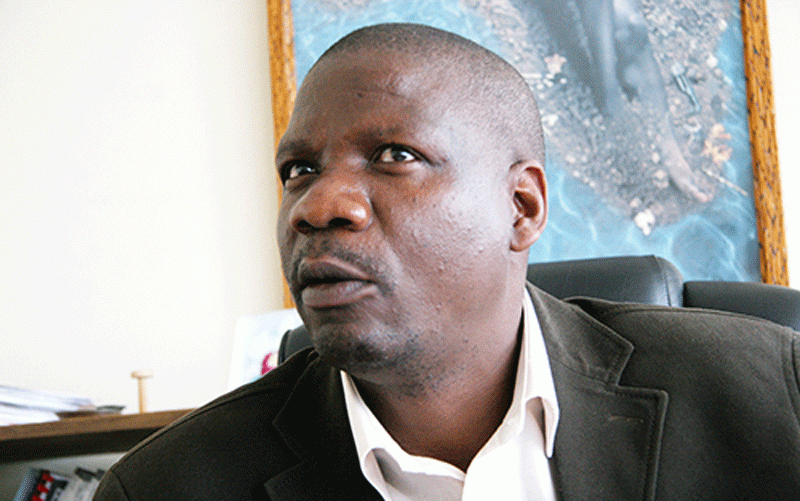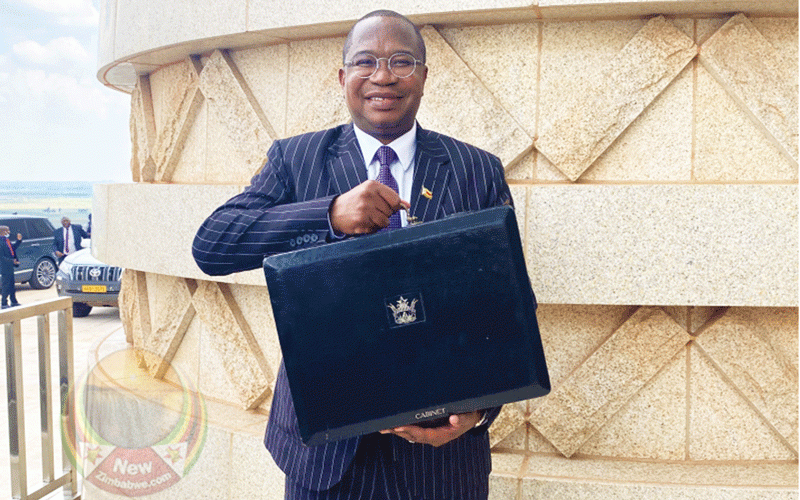
IN May this year, 37-year-old Joshua Patsikadova started repackaging mealie-meal, salt, cooking oil and sugar into small quantities and reselling them outside his lodgings in Harare’s Mufakose high-density suburb.
The father of two Patsikadova has not been able to find employment anywhere in the capital and has been making ends meet selling repacked basic commodities popularly known as twutsaona in local street lingo; and this has helped him take care of his family.
Given the state of the economy, it is nearly impossible to put a decent meal on the table. Patsikadova realised an opportunity in penury by offering fellow struggling community members basics they could afford.
“People in this area cannot afford to buy expensive goods, the money keeps losing value everyday and prices keep rising,” he said. “So repackaging these basic commodities affords many the chance to at least have a meal.”
Patsikadova’s story mirrors that of many Zimbabweans who are reeling in poverty as they struggle to survive.
The exchange rate volatility has also taken a toll on their meagre earnings and livelihoods.
“I ventured into this business because I had no money to start any other business. What matters for me now is that I have a meal on the table and take care of my family with the little profit I get, but the truth is that this life is painful and unbearable,” he told NewsDay.
Before he started the business, Joshua, a former security guard, survived on menial jobs after being retrenched without any package in December 2022.
- Mbavara eyes to resurrect Matavire’s music legacy
- Zim exiles panic over SA permits
- Zim exiles panic over SA permits
- Social media platforms should act on hate speech
Keep Reading
When he was employed he used to earn as little as US$50 equivalent in Zimdollar per month, which was hardly enough for his family needs.
Patsikadova is not well educated, so he is more than eager to pounce on any menial job which comes his way, and these are as scarce as the formal jobs for the well-educated.
His wife, Janet is also unemployed and her situation is worse being a woman in a country where the fairer sex is at the bottom of the rung.
“I help my husband with the business when he has gone to his part-time jobs,” said Janet
Patsikadova sources his products from Mbare, repacks them and sells them for as little as US$0,50, prices affordable for the poverty-stricken urbanites who, according to the World Food Programme, are increasingly joining government and non-governmental organisations’ food aid queues.
“People come to buy because from, say US$3 one may earn from some piece work, they cannot buy anything from the shops, so they opt to buy in small quantities and they manage to survive for a few days until they get another small amount,” said Patsikadova.
Life is definitely on the rocky side for many Zimbabweans and many like Patsikadova dread a return to the 2008 economic meltdown when his enterprise was non-existent after everything disappeared from shop shelves and all basic commodity markets.
At least for now many are still able to scrape the barrel to survive.










